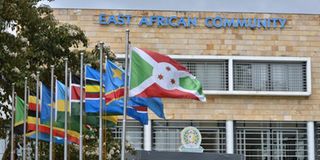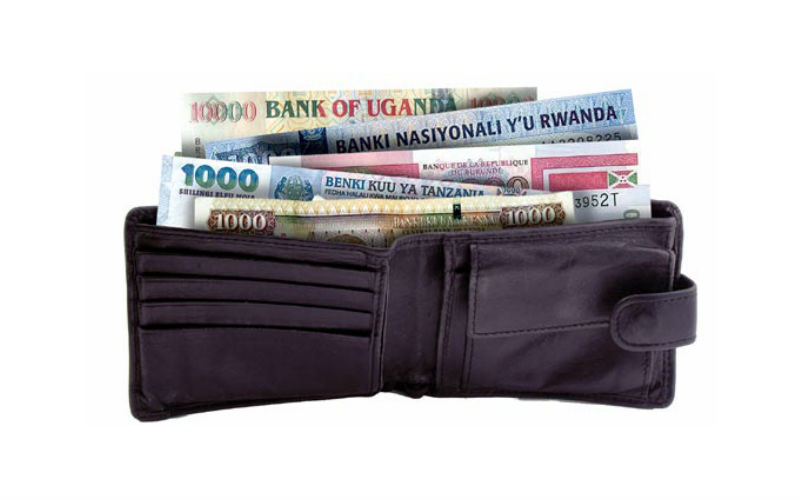Experts call for harmonised legal framework to boost EAC digital economy

What you need to know:
- Cross-border data flow is a cornerstone of unlocking the EAC’s digital economy, driving trade, and fostering innovation.
Dar es Salaam. Experts have strongly advocated for the harmonization of legal frameworks within the East African Community (EAC) to foster trust, protect personal data, and unlock economic opportunities essential for a thriving digital economy.
They highlighted that the fragmented legal landscape across the EAC partner states poses significant challenges, particularly for businesses operating across borders.
These discrepancies complicate data sharing, increase compliance costs, and deter foreign investment, ultimately stifling the region’s potential for growth and innovation.
These concerns were raised during a recent Regional Workshop for Data Experts on Cross-Border Data Flows, part of the Eastern Africa Regional Digital Integration Project (EARDIP).
The project aims to create a seamless and secure environment for cross-border data flows in the region.
Discussions at the workshop focused on the importance of aligning the EAC’s data protection laws with international best practices, such as the European Union’s General Data Protection Regulation (GDPR) and frameworks developed by the Asia-Pacific Economic Cooperation (APEC).
In a statement issued by the EAC, Senior Public Relations Officer Simon Owaka explained that the workshop facilitated regional policymakers in discussing a framework for cross-border data exchange.
This mechanism aims to establish a unified approach to data governance, ensuring ethical, secure, and responsible data sharing across borders.
However, the workshop revealed that South Sudan has yet to enact a national data protection law, and only five of the eight EAC partner states—Kenya, Rwanda, Somalia, Uganda, and Tanzania—have established dedicated data protection authorities.
The gaps further emphasised the urgency of a harmonised legal framework to address inconsistencies and strengthen regional data governance.
“Experts underscored the importance of harmonising legal frameworks, describing it as critical to building trust, ensuring personal data protection, and unlocking economic opportunities across the region,” reads the statement in part.
Private sector representatives also voiced concerns about the negative impact of fragmented regulations and data localisation requirements, which hinder investment and innovation.
They acknowledged, however, that harmonised regulations could enable seamless cross-border operations, enhance data security, and attract more investment into the region’s digital economy.
World Bank Senior Digital Development Specialist Cecilia Paradi-Guilford highlighted the crucial role of data sharing in fostering trust and boosting the digital economy.
She stated that EARDIP aims to create an integrated digital market across Eastern Africa, enhancing connectivity, data flows, and digital trade.
“This workshop is a vital step in aligning Partner States around key principles and mechanisms for a regional framework on cross-border data flow,” she said.
The workshop also established a Technical Working Group (TWG), composed of representatives from Data Protection Authorities, Attorney Generals’ Chambers, ICT Ministries, ICT Authorities from each Partner State, and the EAC Secretariat.
The TWG will draft the principles for the cross-border data flow framework, guide the development of a pilot program, and help shape the eventual EAC Data Protection and Privacy Act.
The group’s mandate includes creating a roadmap for implementing the framework, incorporating insights from the pilot program to inform the legislative process.
Additionally, the TWG will oversee the technological aspects necessary for the framework's success, such as consent management mechanisms.
The group will also conduct consultations and capacity-building sessions to ensure the framework is adaptable, robust, and meets the region’s needs.
Cross-border data flow is a cornerstone of unlocking the EAC’s digital economy, driving trade, and fostering innovation.
Harmonised data protection laws will not only build trust among stakeholders but also attract investments by creating a secure and predictable regulatory environment.
This unified approach will position the EAC as a leader in digital integration, paving the way for sustainable growth and global competitiveness in an increasingly interconnected world.





